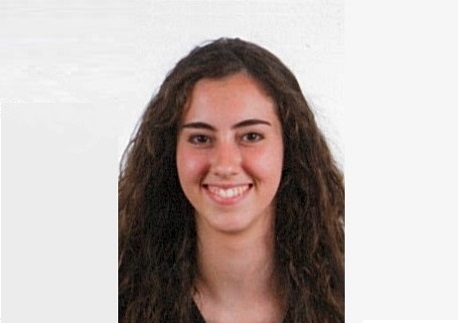
July 5th 2024. 12:00h. Onsite and Zoom session (Sala M204, Facultad de Psicología y Logopedia). Language: English.
Marina Pi
University of Valencia
The aim of this thesis was to assess the potential benefits on driver performance of presenting in-vehicle auditory verbal messages as a complementary measure for usual text VMS. In order to achieve this purpose, three studies were carried out, including four experiments and a total sample of 99 participants in two countries (Spain and France). In these experiments, different driving tasks (i.e., classification of VMS messages, keeping distance or reacting to sudden brake events while car-following) under varying task demands (i.e., manual driving and two different levels of automated driving; distraction by a secondary task, or monotonous driving) were assessed in two simulated driving scenarios. Both behavioral and physiological measures (i.e., ECG, eye tracking, and EEG) were analyzed.
In general, the results of the experiments in the current thesis provided positive evidence to suggest that, at least in the conditions tested, the auditory verbal messages that were complementarily presented to standard text versions on VMS would allow drivers (a) better processing of traffic messages (Studies 1, 2 and 3), (b) using a more efficient pattern of visual fixations (Study 2), (c) keeping a longer (thus safer) distance to the preceding vehicle (Study 1, Experiment 1), (c) earlier reacting to brake events in a leading vehicle (Study 3), and (d) partially mitigating a vigilance decrement during a monotonous drive (Study 3).
In addition, data from the different experiments also provided useful results to test planned hypotheses, as well as a variety of unexpected outcomes, that allowed to further discuss the cognitive mechanisms explaining the effects reported and, in consequence, contribute to the discussion and application of cognitive ergonomics in the area of driving vehicles.
Bio
Marina Pi Ruano is BS in psychology and a PhD student of the Doctoral Programme in Reading and Comprehension at the ERI-Lectura (Universitat de València), with a predoctoral grant from the Generalitat Valenciana and the European Social Fund, as researcher training. Her line of research deals with the ergonomics of the reading of traffic signs in standard drivers.








